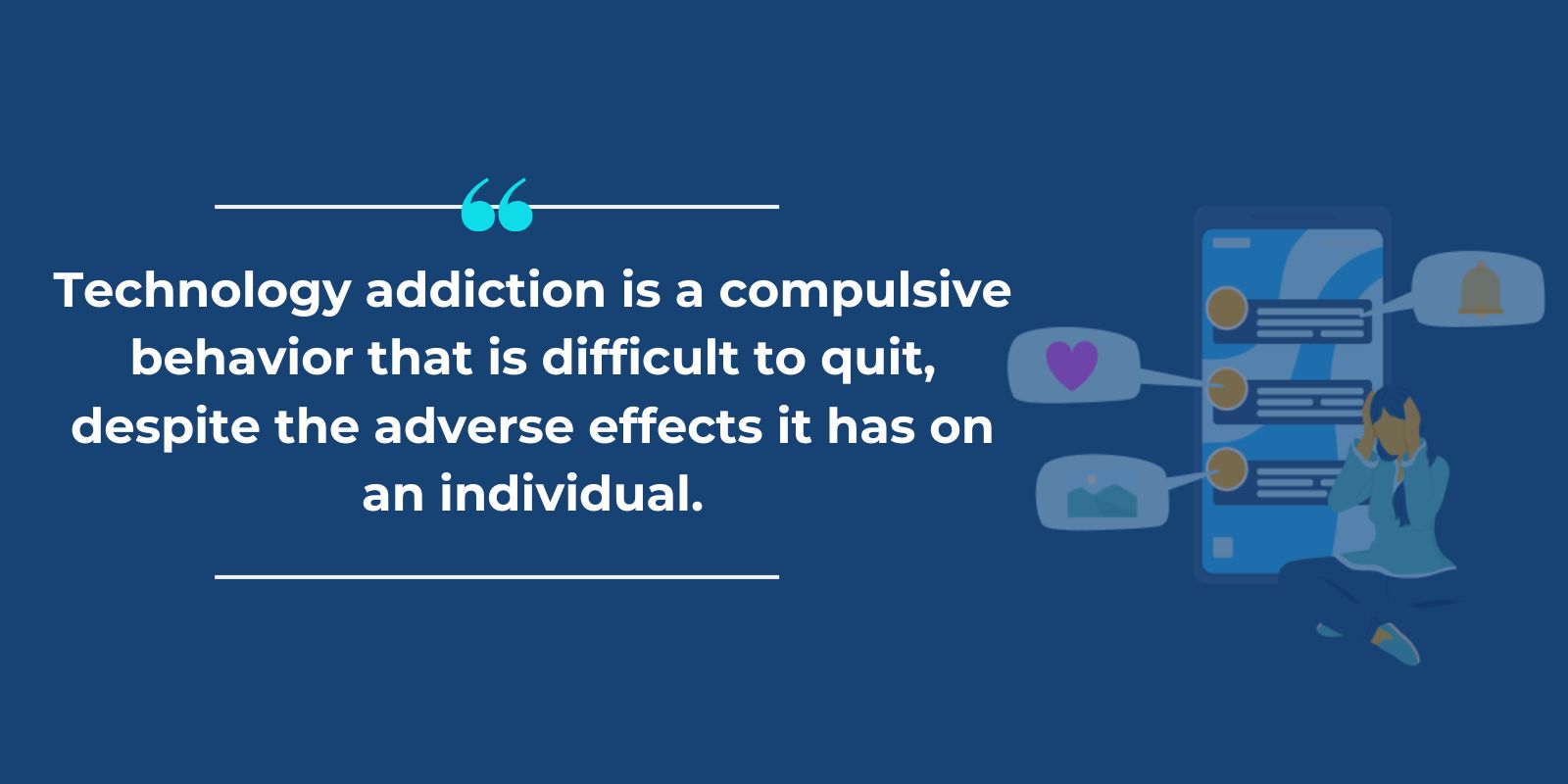The proliferation of technology in our lives has brought numerous benefits, but it has also presented challenges related to tech addiction and digital well-being. In this article, we explore the industry challenges associated with tech addiction and digital well-being and discuss strategies to address these issues.

1. Raising Awareness and Education:
Tech companies have a responsibility to educate users about the potential risks and negative impacts of excessive technology use. They can provide resources, guidelines, and tools to promote responsible and mindful technology usage. This includes raising awareness about the signs of tech addiction, providing information on healthy screen time habits, and fostering digital well-being practices.
2. Designing for User Well-being:
Tech companies can play a significant role in designing products and services that prioritize user well-being. This involves incorporating features that encourage healthy usage patterns, such as screen time monitoring, notification management, and digital downtime settings. User interfaces can be designed to minimize distractions and promote mindful interactions, helping users maintain a healthy balance between their digital lives and real-world experiences.
3. Empowering Users with Control:
Giving users greater control over their digital experiences can empower them to make informed decisions about their technology usage. Tech companies can provide tools for users to manage app usage, set boundaries, and customize their digital environments. This can include features like app timers, content filters, and device usage statistics that enable individuals to take control of their digital habits.
4. Supporting Digital Well-being Initiatives:
Tech companies can support and collaborate with organizations and researchers focused on digital well-being. This can involve funding studies and initiatives that explore the impacts of technology on mental health, providing data for research purposes, and sharing best practices and insights. Collaborative efforts can lead to a better understanding of the challenges associated with tech addiction and inform the development of effective strategies.
5. Promoting Healthy Digital Habits:
Tech companies can actively promote healthy digital habits and advocate for digital well-being. This can include campaigns that encourage users to take breaks, practice mindful usage, and engage in offline activities. Promoting digital literacy and responsible technology use through educational campaigns and initiatives can also help users develop healthy relationships with technology.
6. Parental Controls and Family Features:
Tech companies can develop robust parental control features that allow parents to set limits and monitor their children’s technology usage. This includes options for content filtering, app restrictions, and screen time management. Providing families with tools to create healthy digital environments fosters responsible technology use from an early age.
7. Collaboration and Industry Standards:
Addressing tech addiction and promoting digital well-being requires collaboration across the industry. Tech companies can come together to establish industry standards and guidelines for responsible technology design, usage, and marketing practices. Sharing insights and best practices can help create a culture of digital well-being and ensure consistent efforts to address the challenges associated with tech addiction.
Conclusion:
Tech addiction and digital well-being are critical challenges that the industry must address. By raising awareness, designing for user well-being, empowering users, supporting initiatives, promoting healthy habits, providing parental controls, and collaborating on industry standards, tech companies can contribute to mitigating the negative impacts of technology and fostering a healthier relationship between individuals and their digital devices. Through collective efforts, we can create a more balanced and mindful digital future that prioritizes the well-being of users.